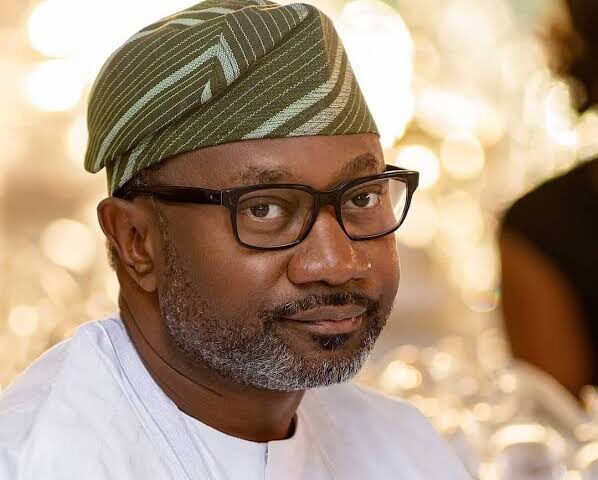Mr. Taiwo Oyedele, Chairman of the Presidential Committee on Fiscal Policy and Tax Reforms, has revealed challenges in engaging state governors on the Tax Reform Bills. Speaking during a Twitter Space session titled “Tax Reform Bills: Clarifying the Sticky Issues,” Oyedele shared how the committee reached out to state governors multiple times but encountered consistent non-cooperation.
“This process involved unprecedented levels of consultation,” Oyedele said. “But even with all our efforts, the governors’ engagement has been minimal.”
Join our WhatsApp ChannelThe committee engaged over 40 sector groups, including students, farmers, multinational investors, and artisans, through media campaigns and physical meetings. Oyedele noted that while the turnout was commendable, it fell short of expectations for a nation of 200 million people.
Challenges in Engaging State Governors
State governors, considered key stakeholders in the implementation of the Tax Reform Bills, proved particularly difficult to reach. Oyedele described the uphill task of securing meetings with governors, recounting instances of delays and rescheduling.
READ ALSO: Tax Reform Bills Vs. Nigeria’s Education: Uncertainty Looms Over Future Of Tertiary Institutions
“We had to plead, write, and appeal for meetings,” he said. “Even when we succeeded, the time allocated was often inadequate. On one occasion, we were kept waiting until 1:30 a.m., only to be given 15 minutes to present our case.”
“Some states showed more willingness to engage. Lagos State allowed a full session with its cabinet and revenue authority, while Kaduna State’s Deputy Governor facilitated a meeting in the absence of the governor. However, many governors failed to prioritise these critical discussions.”
The committee also held discussions with the National Economic Council (NEC), which includes the Vice President and all state governors, as well as finance commissioners across the country.
Pushbacks Against Tax Reform Bills
The Tax Reform Bills have sparked a heated national debate, with significant opposition coming from governors in northern Nigeria. Critics argue that the reforms could worsen regional inequalities and exacerbate economic difficulties in their states.
Borno State Governor, Babagana Zulum, expressed concerns about the bill’s potential to impose disproportionate burdens on northern Nigeria, a region already grappling with high poverty rates and security challenges.
Under pressure from northern governors and 73 lawmakers from the region, the House of Representatives recently suspended debates on the proposed bills indefinitely.
Calls for Continuous Dialogue
Despite the challenges, Oyedele emphasised the importance of ongoing consultations. “Consultation is not a one-time event,” he said. “Even after these laws are passed, the process must continue to ensure that stakeholders’ concerns are addressed.”
He highlighted the need for broader participation, stressing that greater involvement from citizens and regional leaders would be crucial in achieving sustainable tax reforms.
“The Tax Reform Bills are not just about revenue collection,” Oyedele concluded. “They are about creating a fair and inclusive system that works for all Nigerians.”
Looking Ahead
The road to implementing the Tax Reform Bills remains fraught with challenges, particularly in gaining the cooperation of key stakeholders. However, experts believe that sustained dialogue and inclusive policymaking can help overcome resistance and pave the way for meaningful fiscal reforms.
With regional disparities and socioeconomic concerns at the forefront of the debate, the success of the Tax Reform Bills will depend on striking a balance between national objectives and local realities.
Emmanuel Ochayi is a journalist. He is a graduate of the University of Lagos, School of first choice and the nations pride. Emmanuel is keen on exploring writing angles in different areas, including Business, climate change, politics, Education, and others.
- Emmanuel Ochayihttps://www.primebusiness.africa/author/ochayi/
- Emmanuel Ochayihttps://www.primebusiness.africa/author/ochayi/
- Emmanuel Ochayihttps://www.primebusiness.africa/author/ochayi/
- Emmanuel Ochayihttps://www.primebusiness.africa/author/ochayi/




















Follow Us